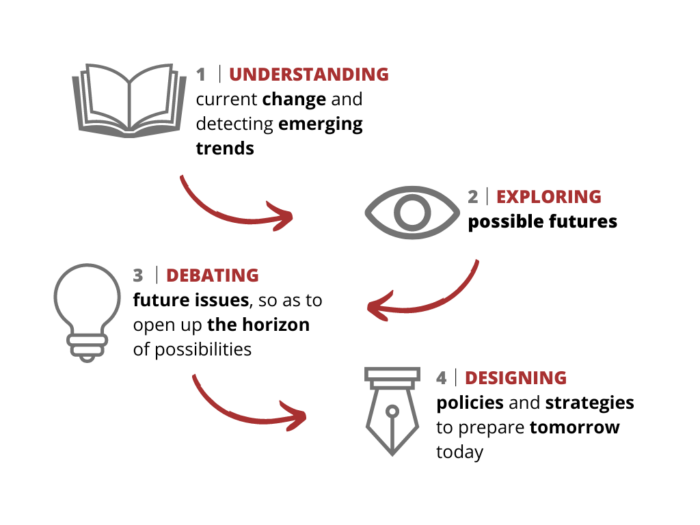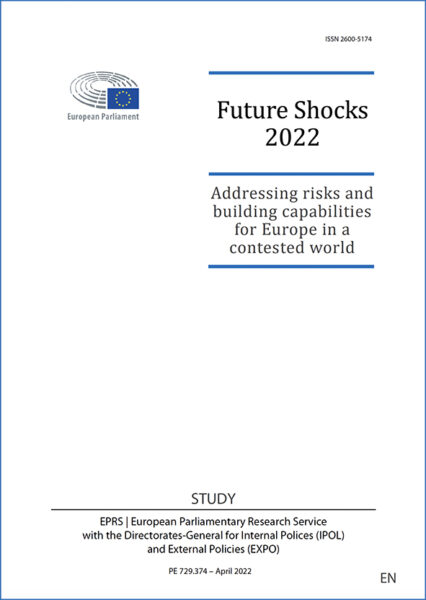Almost a year after the UK’s withdrawal agreement from the European Union (EU), which came into force on 31 January 2020, and after long and difficult negotiations, an agreement was signed on 30 December 2020 to define the cooperation arrangements between the EU and the UK. That Agreement on Trade and Cooperation has applied since 1 January 2021, but much remains to be determined regarding the future of the relationship between the two parties. Jean-François Drevet updates us here on that relationship and the prospects it may open up (or close off) for the British in the financial (future of the City of London), commercial (access to the European market, standards etc.), political and geographic spheres (Northern Ireland issue, danger of isolation internationally etc.). If the British government has some years before it to shape the post-Brexit future, it is not clear that it can manage to do so without damaging the UK economy and British society; nor without ultimately prompting some regret on the part of the working-class communities that voted in favour of Brexit…
The European Union and the United Kingdom after Brexit
European Chronicle
26 April 2021
1 min.
© ratlos / Shutterstock
Cet article fait partie de la revue Futuribles n° 442, mai-juin. 2021



